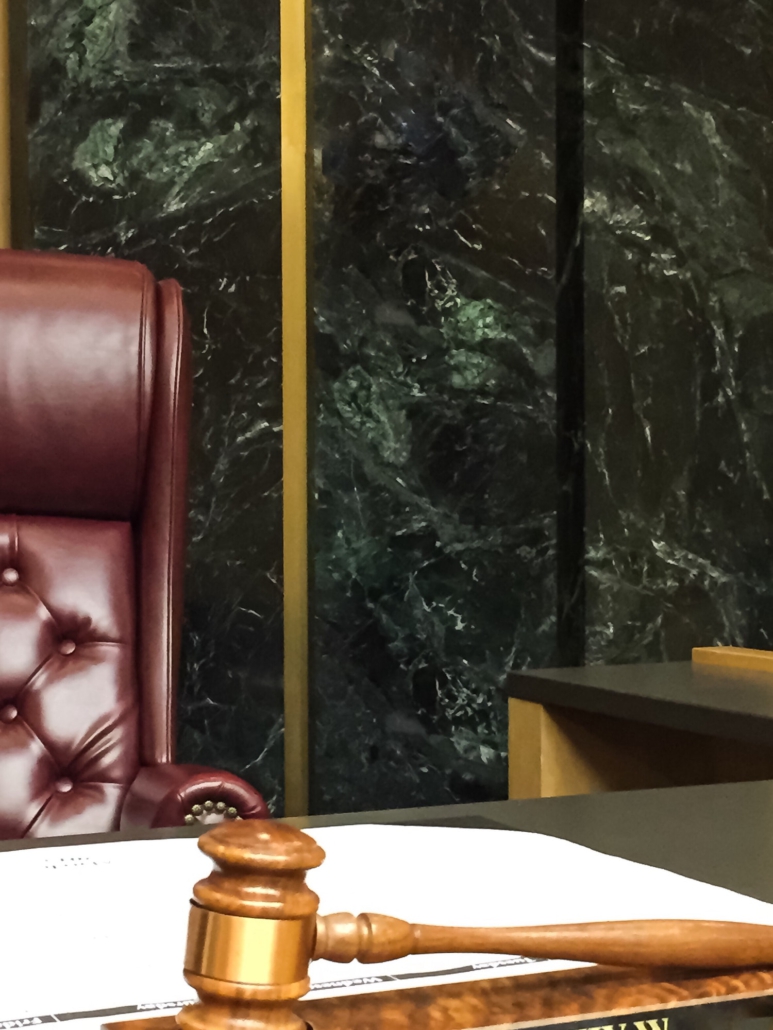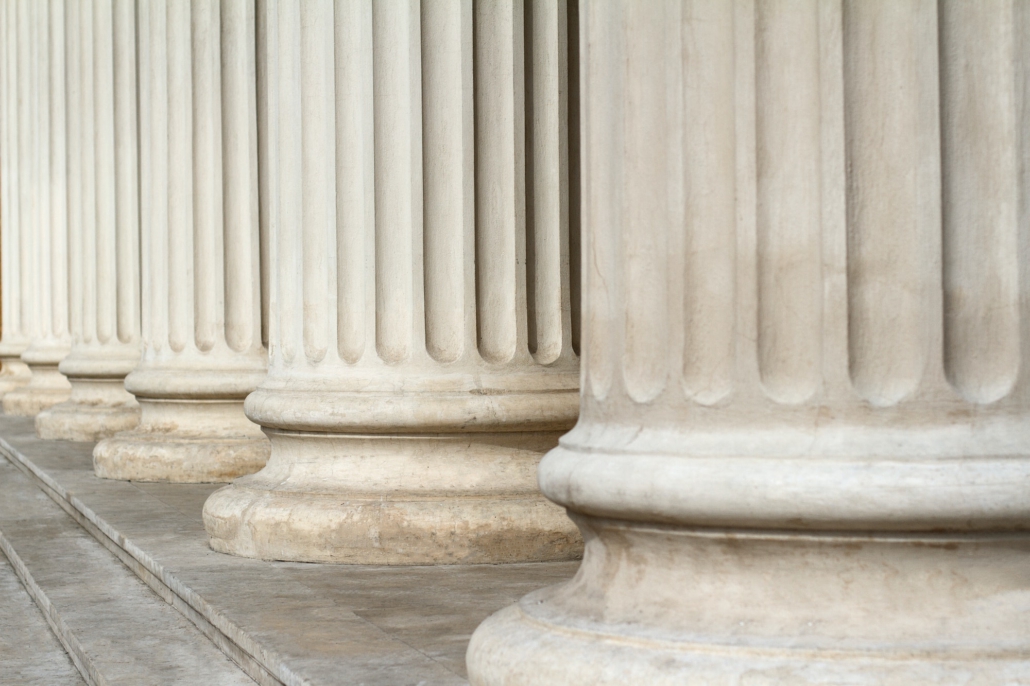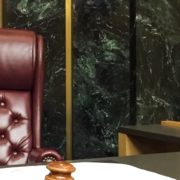BGH on the legal consequences of thwarting evidence
/in Nicht kategorisiertLEGAL+ NEWS

In legal disputes, it happens time and again that a party impedes the opponent’s presentation of evidence by thwarting evidence. In these cases, the practical question arises as to whether and, if so, with what legal consequences it can be assumed that evidence has been obstructed.
The clarifying BGH ruling of 16.11.2021 (case no. VI ZR 100/20) on the legal consequences of obstructing evidence
In a recent ruling, the Federal Court of Justice (BGH) made important findings in this regard and, in particular, eliminated a frequently encountered misconception that evidence is deemed to have been provided in the event of the obstruction of evidence. The BGH stated in its ruling of 16.11.2021 (case no. VI ZR 100/20):
“(…)
Contrary to the opinion of the appeal, however, the plaintiff is not deprived of proof of his allegations in this regard because he could be accused of obstructing evidence due to the sale of his vehicle in September 2017. Evidence can only be said to have been obstructed if the party not bearing the burden of proof culpably makes it impossible or more difficult for the opposing party bearing the burden of proof to provide evidence by destroying or withholding existing evidence or making its use more difficult (BGH, judgments of June 25, 1997 – VIII ZR 300/96, NJW 1997, 3311, juris para. 18; of June 11, 2015 – I ZR 226/13, WRP 2016, 35 para. 44 – Deltamethrin I mwN). However, by selling his vehicle, the plaintiff did not impede the defendant’s burden of proof, but at most his own. This is because he is obliged to provide evidence that his vehicle was completely and professionally repaired in accordance with the specifications of the pre-trial expert.
Apart from this, the assumption of a frustration of proof does not lead to the legal consequence claimed by the appeal. If the prerequisites for the obstruction of evidence by the opponent of the party with the burden of proof are met, the burden of proof may be eased in favor of the party with the burden of proof, which may in some circumstances go as far as reversing the burden of proof. The obstruction of evidence, on the other hand, does not mean that no evidence can be taken at all and that the submission of the party with the burden of proof would be considered proven (see BGH, judgment of June 11, 2015 – I ZR 226/13, loc. cit. para. 48 et seq. – Deltamethrin I mwN).
(…).

This judgment on the possible legal consequences of the obstruction of evidence contains the following important findings for the conduct of proceedings:
- Obstruction of evidence refers solely to the case where the party not bearing the burden of proof makes it impossible or difficult for the other party to provide evidence.
- If necessary, the legal consequence in favor of the party with the burden of proof may be a reduction in the burden of proof and, under certain circumstances, a reversal of the burden of proof.
- One of the possible legal consequences of the obstruction of evidence is not that the evidence is deemed to have been provided, with the result that the disputed fact would be deemed to have been proven.

LATEST ARTICLES

The hurdles to an individual contract are high: when is a provision “negotiated” and therefore not subject to the restrictions of GTC law?
LEGAL+ NEWS The hurdles to an individual contract are high:

Overview: Law on general terms and conditions (GTC)
General terms and conditions (GTC) affect everyone: whether commercial enterprises, which try to make their respective GTC the basis of the business relationship in their business dealings with each other, or private individuals, who are confronted with GTC in every situation in life – for example when boarding public transport, shopping on eBay or amazon or even when entering a department store. The importance of general terms and conditions is therefore immense.

Landmark ruling by the BGH on the law of company acquisitions (judgment of September 26, 2018, case no. VIII ZR 187/17, reasons for judgment pending):
The purchase of shares is a legal purchase to which the rules on liability for material defects generally do not apply. An exception only applies if the object of purchase is the entire company or, in the case of the purchase of shares, (almost) all shares. Contrary to a long-standing misconception in legal literature and the courts of lower instances, it is not sufficient if the purchaser holds all or almost all of the shares in a company as a result of the transaction.
CONTACT

+49 (40) 57199 74 80
+49 (170) 1203 74 0
Neuer Wall 61 D-20354 Hamburg
kontakt@legal-plus.eu
Benefit from my active network!
I look forward to our networking.
This post is also available in: DE


